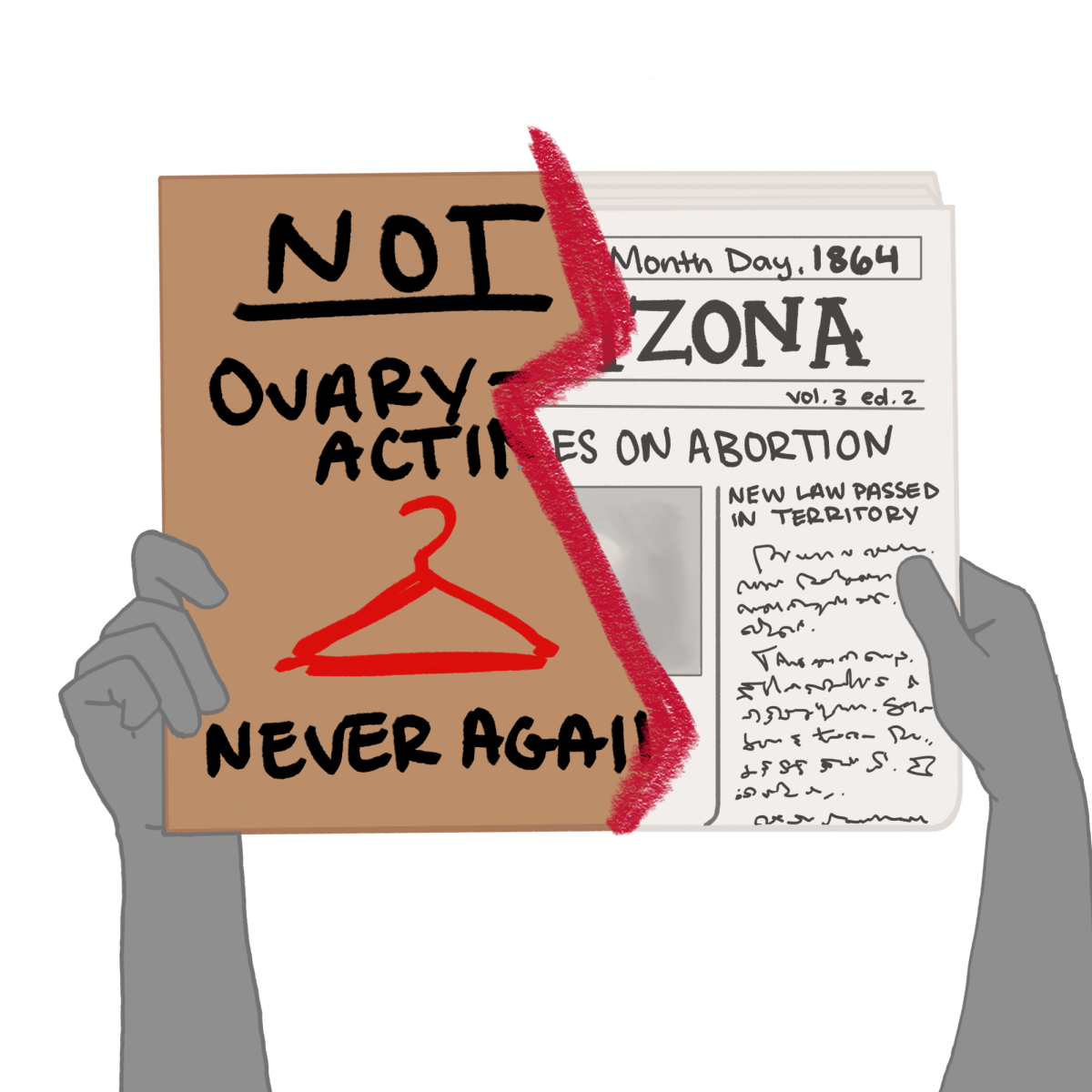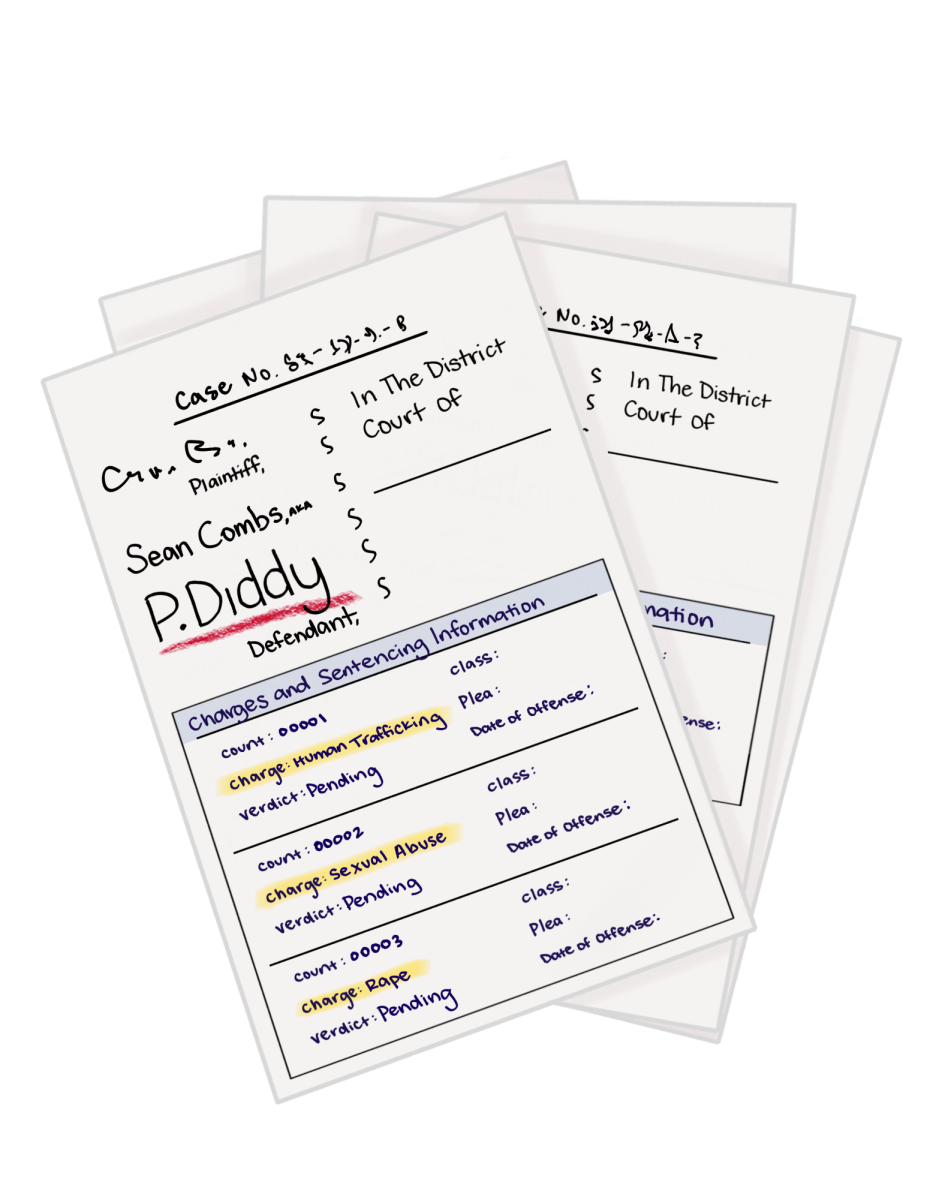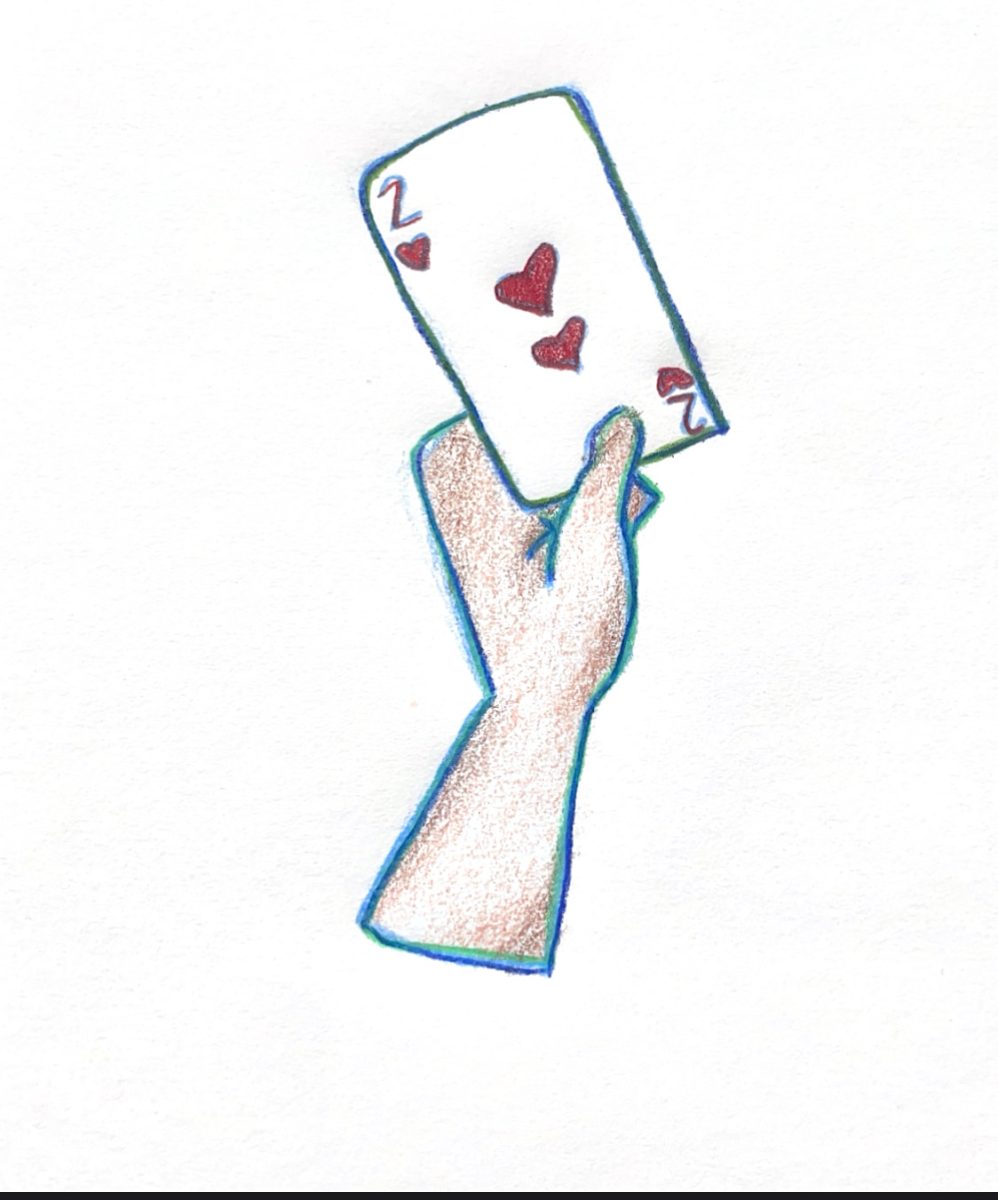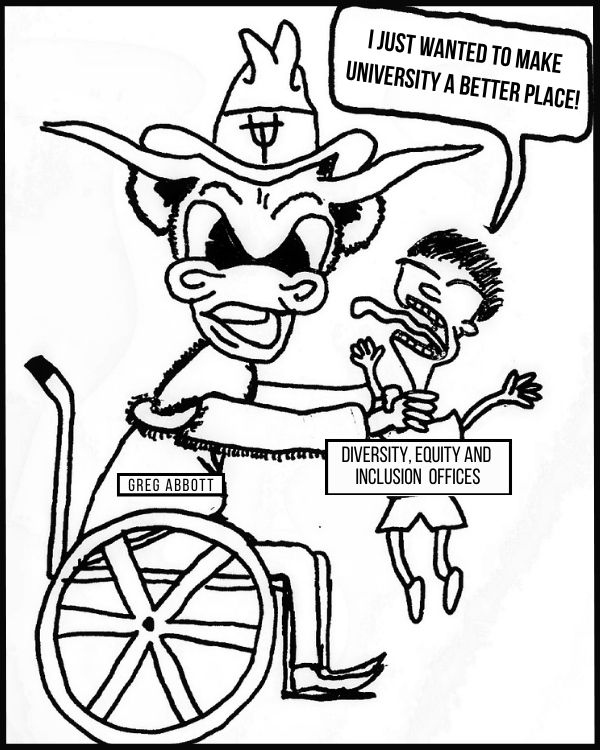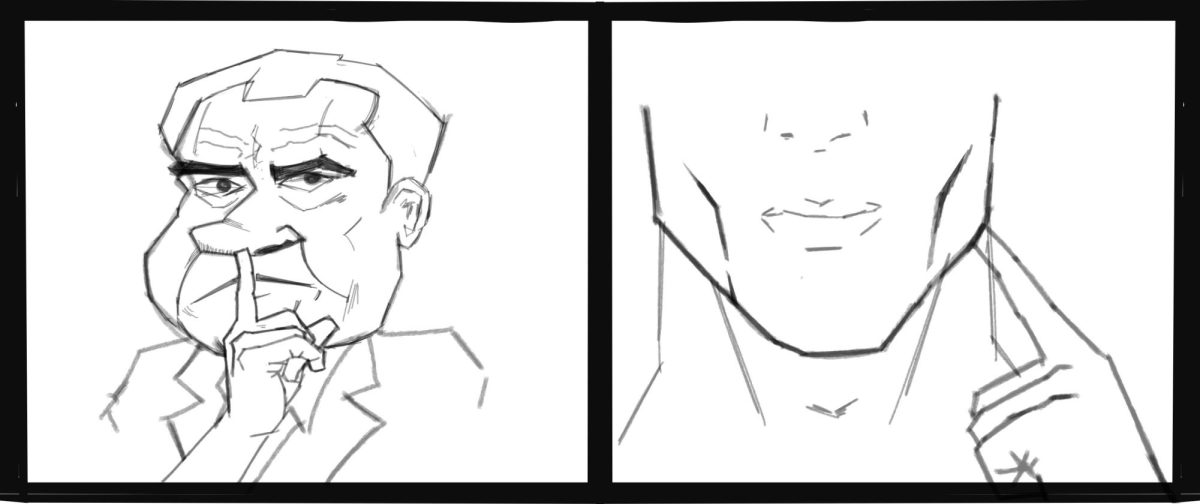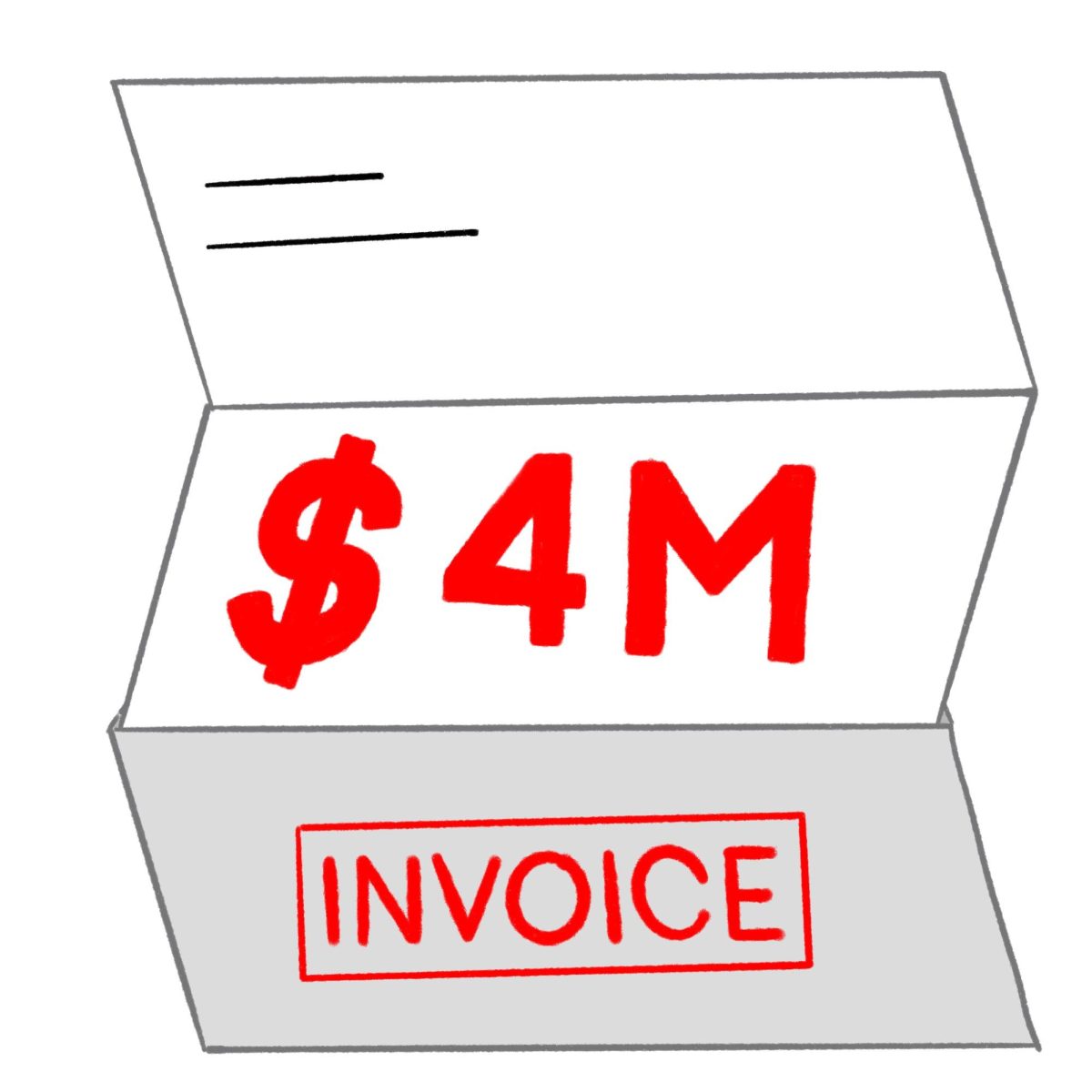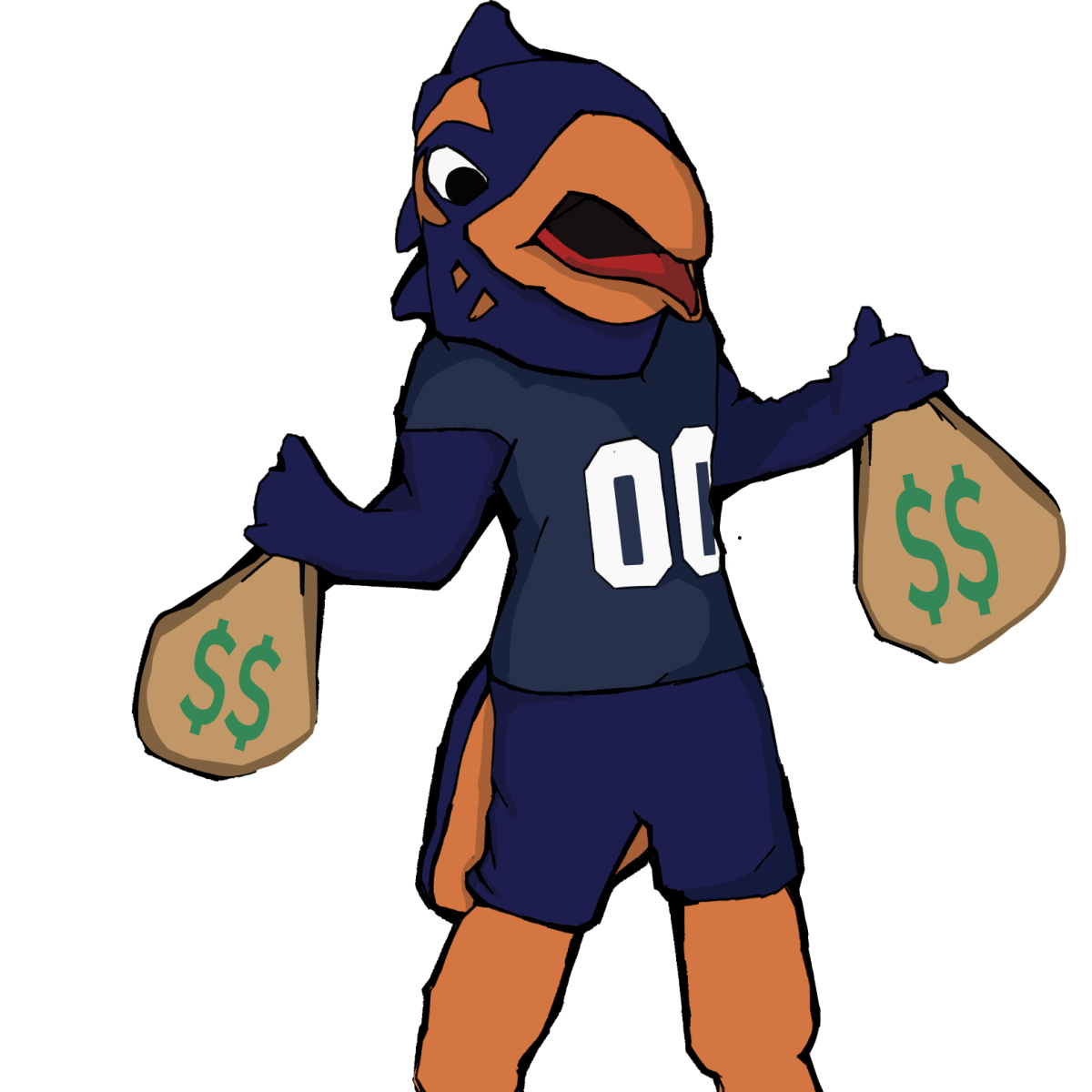It has been quite a week since the last issue of The Paisano hit the stands.
A media circus surrounded former Notre Dame linebacker Manti Te’o and the story of his deceased girlfriend that turned out to be a twitter hoax perpetrated by a man named Tuisasasopo. Others have written volumes on this topic in the past week.
Continuing the story of sports stars falling from grace was Lance Armstrong, who finally publicly admitted that he used performance-enhancing drugs to win the Tour de France seven times from 1999-2005, among other honors Armstrong won on a bicycle in his career. He came clean to Oprah Winfrey on her network.
The Lance Armstrong saga is unique in the history of American sports because no star athlete has ever fallen farther from grace than Armstrong since he last put on the yellow jersey in Paris’ Champs Elysees as Tour de France champion in late July 2005.
On that day, Armstrong was at the height of his fame. He was in a class of his own for cycling and had a place among the all-time greats of American sports. Then there were his accomplishments off the bike.
Before he conquered France seven times on his bicycle, he survived testicular cancer in the 90s. His defeat of cancer added to his status as American hero. Had he stayed clean of performance-enhancers, he would have been forever remembered as the man who brought competitive cycling to the forefront of American sports.
Then the rumors began that he had used performance-enhancing drugs in his career. From the first accusation of doping, Armstrong steadfastly denied ever using performance-enhancing drugs. For 14 years, from his first Tour de France victory in 1999 until his admission to Oprah, Armstrong lied his way out of the pantheon of American sports heroes and into the group of shamed heroes that had “doped.”
While Armstrong ruined his integrity by using performance-enhancing drugs, he also did irreparable harm to it by lying about his drug use for as long as he did. If he had come out and been truthful with the American people and admitted his wrongdoing, his steroid use would still be remembered but it would also be remembered that he had been truthful.
Armstrong’s wrongdoing led to his being stripped of his seven Tour de France victories and an Olympic medal as well as his being banned from cycling for life. He was wrong to cheat, and he was wrong to lie to the American public. His delay in telling the truth will most likely hurt him more in the long-run than if he had just been honest with his fans.
The Armstrong story will go down in sports history as a cautionary tale of what can happen to someone when he or she climbs to the top by cheating and then tries to deny that cheating for years. It will also most likely set back the American support of professional cycling for a long time, at least until an American wins the Tour de France without performance-enhancing drugs.
Stephen Whitaker
Managing Editor







